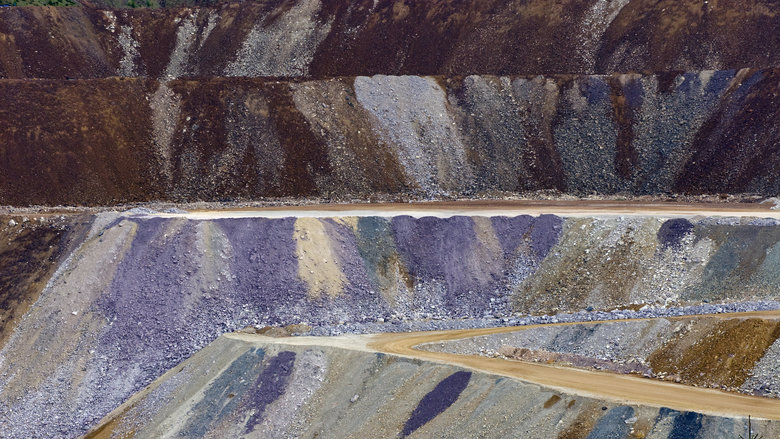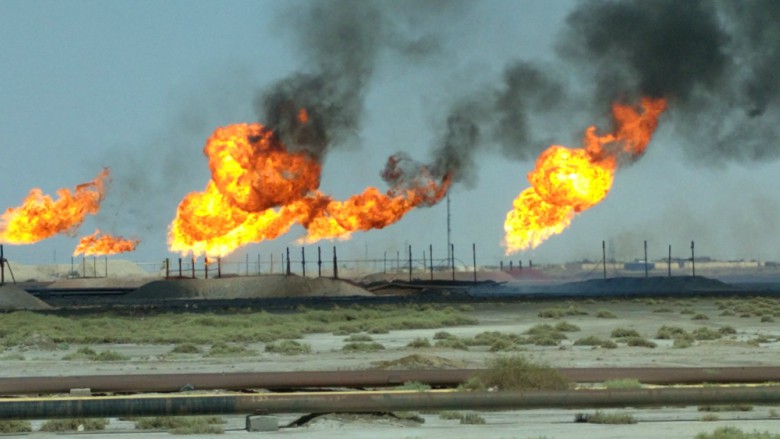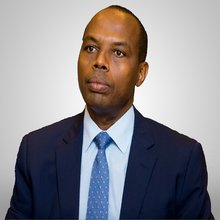
Natural resources play a strong role driving economic growth in many countries, mobilizing revenues for public services and lifting people out of poverty. However, in some developing countries the clear legislative and regulatory frameworks required for using natural resources to drive economic growth is lacking or deficient. A clear set of rules and laws is essential to attract investors and a prerequisite for a socially and environmentally sustainable sector.
The Extractives Global Programmatic Support (EGPS) Multi-Donor Trust Fund has identified weak legislative and regulatory frameworks as a core barrier to a thriving extractive industries sector that could significantly help reduce poverty.
EGPS has played an important role helping countries develop and implement clear legislative and regulatory frameworks for the oil, gas, and mining sectors to grow, in line with the very highest standards recognized globally.

Iraq: converting gas to power
Iraq’s economy is improving, with projected GDP growth of 6% in 2019, fueled by higher oil production. While non-oil growth is likely to remain positive, recovery and reconstruction remains an enormous challenge for the country. Iraq is endowed with large quantities of natural gas, but many of its citizens still lack basic access to energy. At the same time, through gas flaring, Iraq is throwing away a valuable resource that could be either conserved or put to productive use. Because the country lacks the adequate infrastructure to capture, process and transport associated natural gas from the field to the end user, 1.7 billion cubic feet of gas is wastefully flared each day. That represents about 60% of Iraq’s overall gas production and about the same as the entire amount of liquid natural gas (LNG) the United States exported in 2017. In addition to wasting vast amounts of a natural resource, gas flaring damages the environment (by emitting CO2, black carbon and other harmful pollutants) and the economy, representing an annual $2.5 billion economic loss.
There’s hope the routine gas flaring will soon be coming to an end. In 2016 and 2017, EGPS, through the World Bank’s Iraq Reimbursable Advisory Service (RAS) on the Natural Gas Value Chain project, undertook a thorough assessment of the natural gas sector that led to a set of recommended reforms in line with best international practice. The findings and recommendations of the RAS resulted in a new contractual and regulatory framework to address natural gas flaring: The Natural Gas Market Framework (NGMF).
In early 2018 Iraq’s Council of Ministers formally adopted the NGMF. The NGMF marks the first phase of an internationally benchmarked and transparent framework to allow private sector investors to capture, process, transport and commercialize natural gas. This constitutes a notable shift away from Iraq’s traditional state-led, regulation-by-contract approach, where terms and conditions were drawn up on a case-by-case basis, subject to behind-closed-doors, drawn-out negotiations.
Now, with the expected implementation of the NGMF in 2019, Iraq’s government intends to create an enabling environment for private sector investment. It is expected that implementation of the Framework in 2019 will launch an international competitive tender for the award of new natural gas processing contracts. Investors and companies will be able to participate in transparent competitive tenders for the capture, processing, transport and commercialization of natural gas, based on pre-approved templates and published regulations. The reforms have the potential to bring $21 billion of private sector investment into Iraq through gas gathering, processing and transport. Now, domestic natural gas resources will help provide power to Iraqis who lack basic access to energy, displacing expensive imports of diesel, heavy fuel oil and natural gas.
Ongoing EGPS support to Iraq’s Ministry of Oil for the development of the NGMF has been an important component of the World Bank’s $2.6 billion support to Iraq’s ongoing reforms, through its Development Policy Financing operations of 2017 and 2018. Following the NGMF’s formal approval, the European Union (EU) joined USAID and the World Bank in committing financing to support Iraq’s gas sector reform. The EU has pledged $9.5 million for the government to implement a series of incremental gas sector reforms, including a new contractual and regulatory framework for private sector development.
With support from the World Bank, EGPS, USAID, and the European Union, Iraq has taken the first steps in building a modern and transparent contractual and regulatory framework for private investment in the gas sector value chain.


